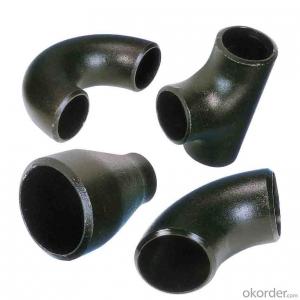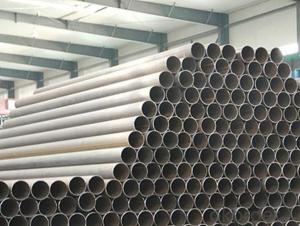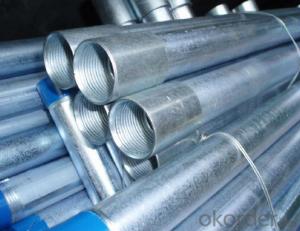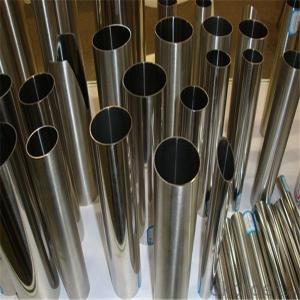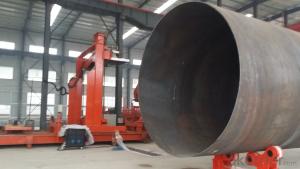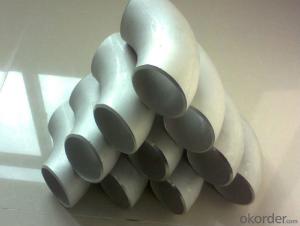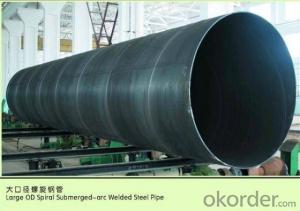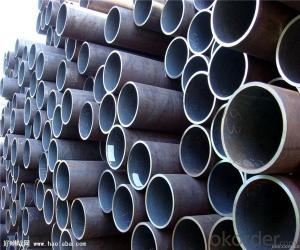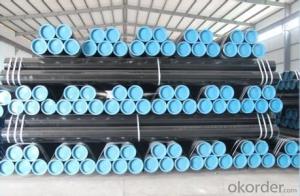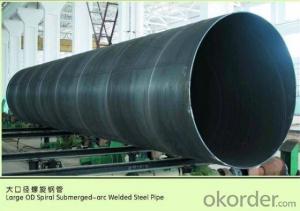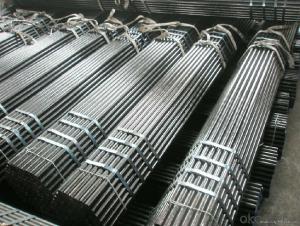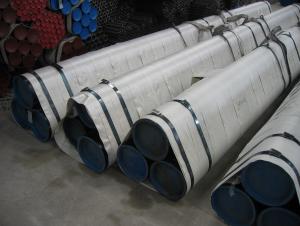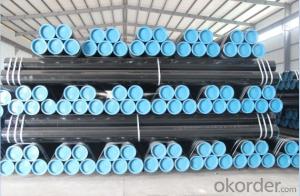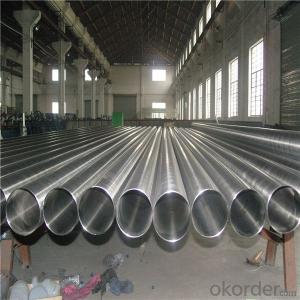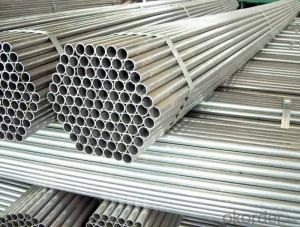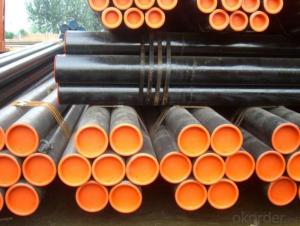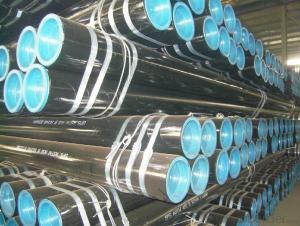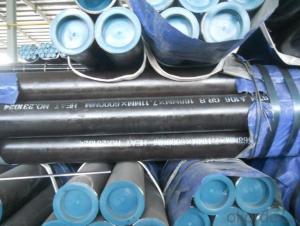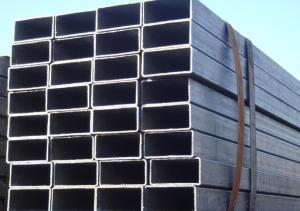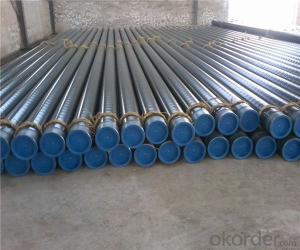All Categories
- - Steel Wire Rod
- - Steel Coils
- - Steel Profiles
- - Steel Pipes
- - Stainless Steel
- - Tinplate
- - Special Steel
- - Steel Sheets
- - Steel Rebars
- - Steel Strips
- - Hot Rolled Steel
- - Cold Rolled Steel
- - Pre-painted Steel
- - Seamless Steel Pipe
- - Welded Steel Pipe
- - Hollow Steel Tubes
- - Galvanized Pipe
- - Stainless Steel Coil
- - Stainless Steel Sheet
- - Stainless Steel Plate
- - Stainless Steel Strips
- - Electrolytic Tinplate Coil
- - Electrolytic Tinplate Sheet
- - Stainless Steel Rebars
- - Solar Panels
- - Solar Water Heater
- - Solar Related Products
- - Solar Inverter
- - Solar Cells
- - Solar Light
- - Solar Energy Systems
- - Solar Controllers
- - Solar Mounting System
- - Solar Pump
- - Solar Chargers
- - Fiberglass Chopped Strand
- - Fiberglass Mesh Cloth
- - Composite Pipes
- - FRP Pultrusion Profiles
- - Fiberglass Mat Tissue
- - Fiberglass Fabrics
- - Fiberglass Mesh
- - Composite Tank
- - Fiberglass Mesh tape
- - Polymer
- - FRP Roofing Panel
- - Fiberglass Roving
- - Monolithic Refractories
- - Ceramic Fiber Products
- - Refractory Bricks
- - Raw Materials For Refractory
- - Suspended Platform
- - Cranes
- - Concrete Machinery
- - Earthmoving Machinery
- - Building Hoist
- - Road Building Machinery
- - Plastic Pipe Fittings
- - Plastic Tubes
- - Plastic Sheets
- - Agricultural Plastic Products
- - Plastic Nets
 All Categories
All Categories
Q & A
How are steel pipes employed in the development of desalination plants for freshwater production?
Steel pipes are widely used in the development of desalination plants for freshwater production due to their durability, strength, and corrosion resistance. These pipes are employed to transport and distribute seawater, brine, and fresh water throughout the plant, ensuring efficient and reliable operation of the desalination process. Additionally, steel pipes are capable of withstanding high pressure and temperature conditions, making them suitable for the demanding environments within desalination plants.
How are steel pipes employed in the agriculture sector for irrigation systems and crop spraying?
Steel pipes are used in the agriculture sector for irrigation systems and crop spraying due to their durability, strength, and resistance to corrosion. These pipes are employed to transport water from a water source to the fields, ensuring a steady and reliable water supply for irrigation. Additionally, steel pipes are used for crop spraying, allowing for the effective distribution of fertilizers, pesticides, and herbicides to enhance crop growth and protect against pests and diseases.
What is the significance of hydrostatic testing in ensuring the integrity of steel pipes?
Hydrostatic testing is crucial for ensuring the integrity of steel pipes because it involves filling the pipes with water or another liquid at a high pressure to detect any leaks, weaknesses, or defects in the pipe's structure. By subjecting the pipes to this test, it helps verify their strength, durability, and ability to withstand pressure, ensuring that they meet the required safety standards. This process is especially important in industries such as oil and gas, where failure or leakage of pipes can lead to catastrophic consequences for both human safety and the environment.
How do you select the right type of steel pipe for high-temperature applications?
When selecting the right type of steel pipe for high-temperature applications, several factors need to be considered. Firstly, the steel pipe should have a high melting point and excellent heat resistance. Materials such as stainless steel or alloys like Inconel or Hastelloy are often preferred due to their ability to withstand extreme temperatures. Additionally, the pipe should possess good thermal conductivity to efficiently transfer heat. The choice of steel pipe should also account for its corrosion resistance, as high temperatures can accelerate corrosion processes. Furthermore, considering the specific requirements of the application, factors like pressure ratings, wall thickness, and overall durability should be evaluated to ensure the selected steel pipe can withstand the intended high-temperature environment.
Wholesale Steel Pipes from supplier in Ethiopia
Whether you are in need of seamless pipes, welded pipes, galvanized pipes, or any other type of steel pipes, we have you covered. Our team of experts is dedicated to understanding your specific requirements and providing you with the most suitable solutions.
We have established strong partnerships with leading steel pipe manufacturers, both locally and internationally, ensuring that we can offer competitive prices without compromising on quality. Our reliable and efficient supply chain management system allows us to deliver your orders on time, every time.
In addition to our sales services, we also provide comprehensive quoting and technical support. Whether you need assistance in determining the right specifications for your project, understanding the technical aspects of different steel pipe products, or obtaining accurate and competitive quotes, our team is here to help.
Being a subsidiary of CNBM, we have access to a vast network of resources, allowing us to offer convenient and efficient one-stop procurement solutions. We understand the challenges and complexities of the Ethiopian market and can provide valuable insights and support to ensure the success of your projects.
If you are in need of steel pipes in Ethiopia, look no further. Contact us today to discuss your requirements and let us provide you with the best solutions and support for all your steel pipe needs.
We have established strong partnerships with leading steel pipe manufacturers, both locally and internationally, ensuring that we can offer competitive prices without compromising on quality. Our reliable and efficient supply chain management system allows us to deliver your orders on time, every time.
In addition to our sales services, we also provide comprehensive quoting and technical support. Whether you need assistance in determining the right specifications for your project, understanding the technical aspects of different steel pipe products, or obtaining accurate and competitive quotes, our team is here to help.
Being a subsidiary of CNBM, we have access to a vast network of resources, allowing us to offer convenient and efficient one-stop procurement solutions. We understand the challenges and complexities of the Ethiopian market and can provide valuable insights and support to ensure the success of your projects.
If you are in need of steel pipes in Ethiopia, look no further. Contact us today to discuss your requirements and let us provide you with the best solutions and support for all your steel pipe needs.
